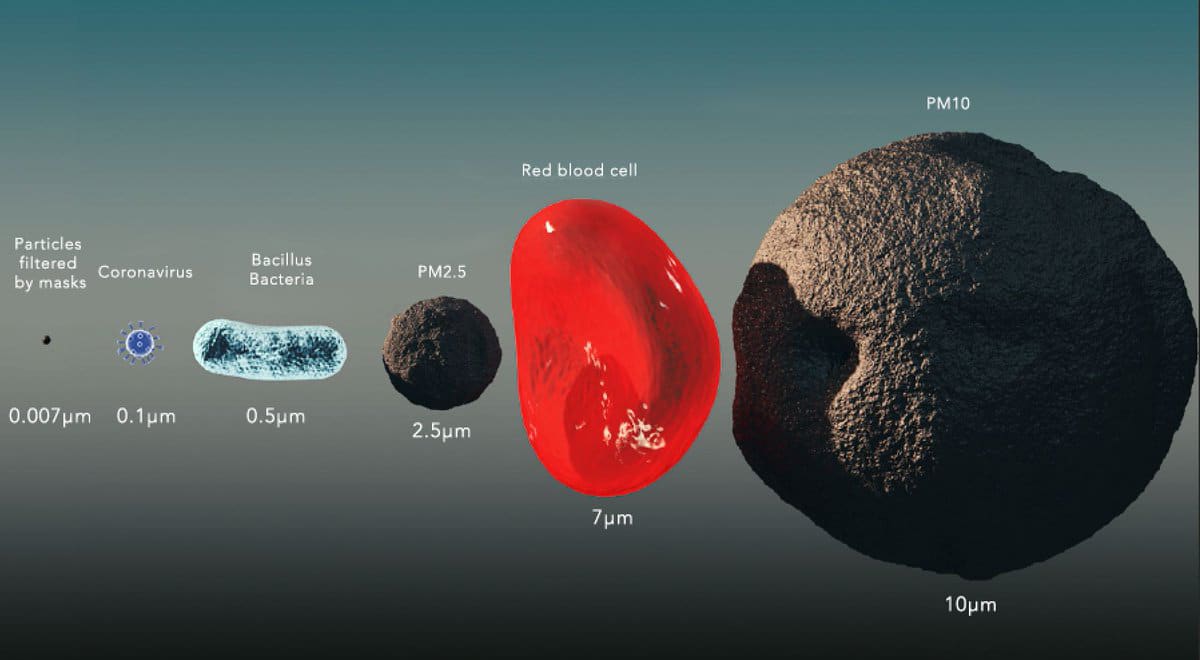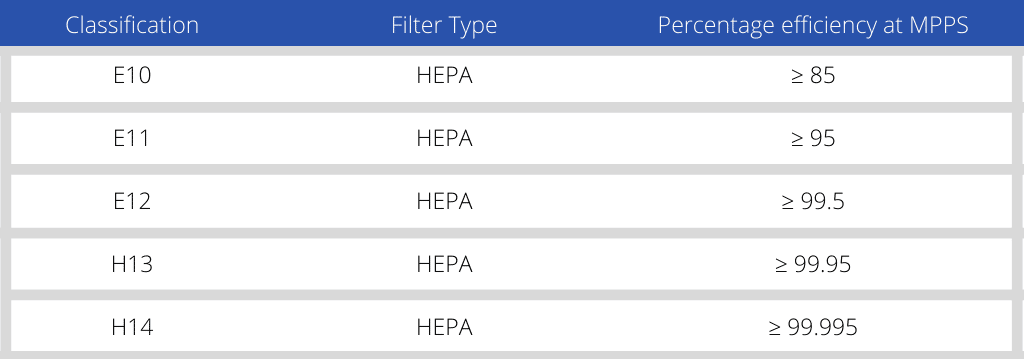
Chances are that if you work in the healthcare sector or a laboratory, you'll know what a HEPA filter is and why they're important. But since the emergence of COVID-19, more and more people around the world, spanning all different industries, need to be aware of what HEPA filters are and how they work in filtration systems.
Well, simply put, it's an acronym that stands for High Efficiency Particulate Air, and they've actually been around since the 1940s when they were invented by scientists during the Second World War who were in fact working on the Manhattan Project, more commonly known as the atomic bomb.
Use of the filter was a bit different back then though, as it was used more to trap and stop radioactive particles being released into the air. However, the basis for the way the filters are used in filtration systems today to clean the air, like ductless fume cupboards and air purifiers, remains the same.
Nowadays, HEPA filters are used to capture 99.95% (for the US it's 99.97%) of airborne particles that are 0.3 microns. Why only 0.3 microns, do they not collect all particle sizes? Well, essentially, they do. HEPA filters catch particles of all different sizes, but when it comes to being 'medical grade' it's important that they gather viruses, which are classed as the most penetrative particle size by scientists.
They ensure quality and reliability when removing the most microscopic airborne bacteria and virus particles. Air filtration is so much more important than many of the general public realise, because there are so many different pollutants and impurities that indoor air contains.
So, going back to our earlier statement about what they are used in, HEPA filters in air purifiers and fume cupboards make sure harmful bacteria in hospitals or virus spores being researched in labs are effectively and efficiently removed so that the quality of air people breathe is vastly improved in minutes.
The effectiveness of a HEPA filter can be broken down into different classes, as there isn't just one type. As mentioned earlier, the ability to confine and contain the most penetrative particulate all depends on its specification. They can range from as low as 85%, or as high as 99.997%. Different applications require different types, but only H14 should be used in a medical and scientific environment.

They can be made in a couple of different ways, using either glass or synthetic materials. Most modern filters though are composed using randomly place and interweaved glass fibres. Think along the lines of a maze.
What's fascinating about the way the filters work is that most people would assume they function like a net or a sieve. If the particle is bigger than the holes it gets caught, but if they're smaller the particles will go right through the HEPA filter. Not quite.
In fact, particles stick to the fibre of the filter in three different ways.
It's true, this type of filter can be found in many household electronic devices such as vacuum cleaners and cars. However, it's crucial to note that these will not be medical grade because they're not able to filter the smallest particles like viruses, only the larger ones like mould, smoke and dust.
So, whether you're a new parent looking to remove pollutants from the air for your baby, have allergies or are a sufferer of asthma, you can enjoy some additional protection from the common household particles that irritate and affect your breathing.
Our units are manufactured for medical and laboratory purposes, but due to the impact of Coronavirus, different types of environments now need air purification. It could be a school, a work office, a pharmaceutical or an airline cabin.
If you require any further information about HEPA filters or guidance on what unit you may need for your environment, please feel free to contact TION's expert team.



No thank you
Read our Privacy Policy for more information on how we collect and process data.